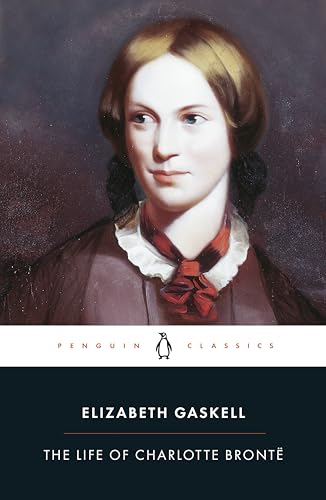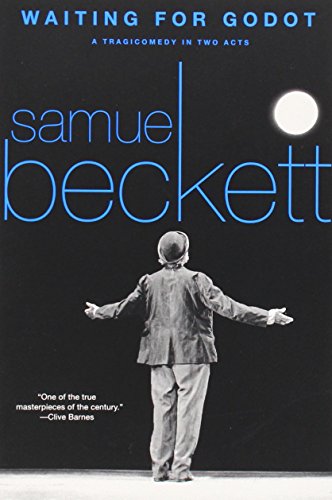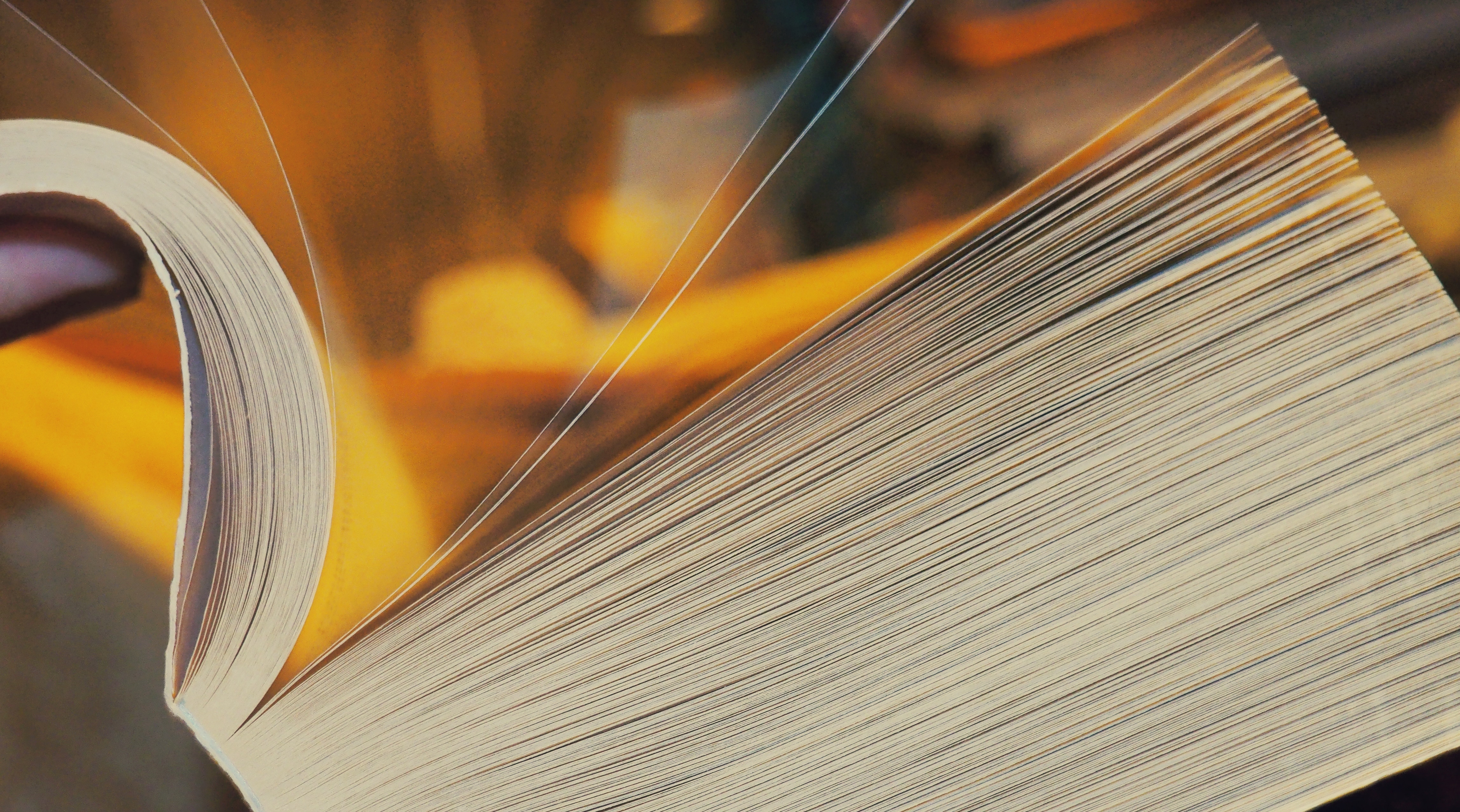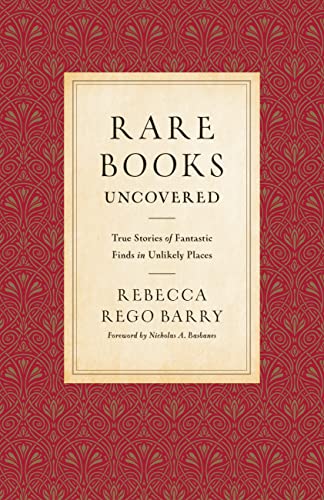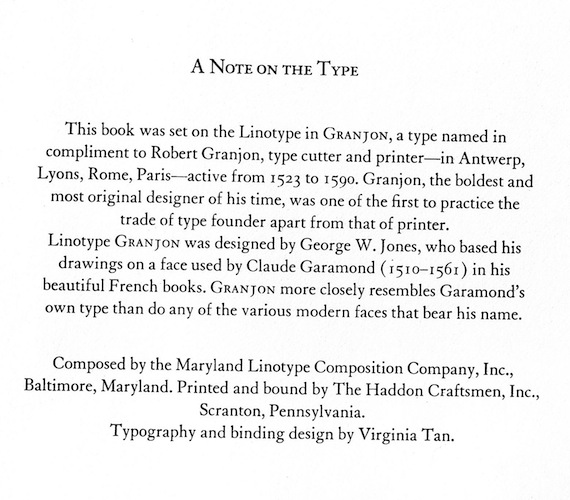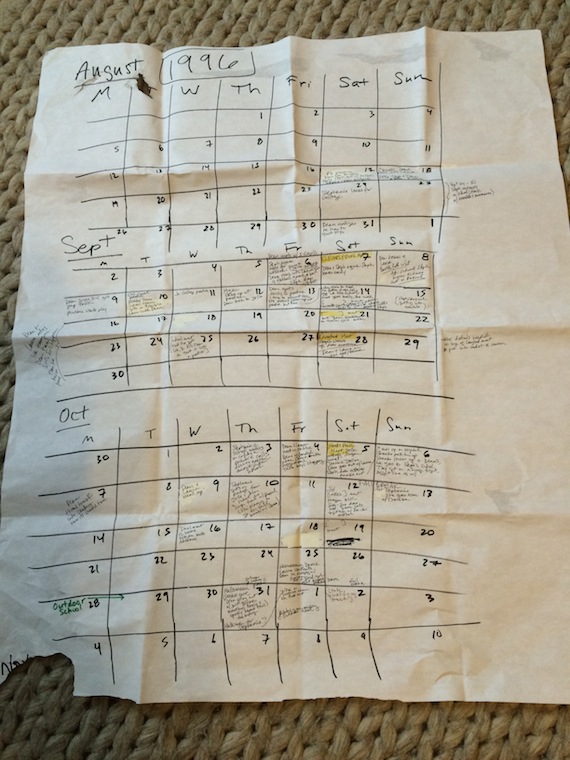
Michel De Montaigne owned 900 books, which he kept on shelves arranged in a semi-circle. Immanuel Kant owned about 400 books. Virginia Woolf: 4,000.
 Qin Shi Huang, the Chinese emperor who built the Great Wall, ordered the destruction of all books written before his reign. According to the Han-era historian Sima Qian, the Qin burned only those works held in private libraries, while the court erudites and government archives were permitted to retain and expand their collections. During the Qin era, anyone caught discussing The Classic of Poetry in public would be executed. Under Qin Shi Huang it was a capital offence to discuss the past as being preferable to the present.
Qin Shi Huang, the Chinese emperor who built the Great Wall, ordered the destruction of all books written before his reign. According to the Han-era historian Sima Qian, the Qin burned only those works held in private libraries, while the court erudites and government archives were permitted to retain and expand their collections. During the Qin era, anyone caught discussing The Classic of Poetry in public would be executed. Under Qin Shi Huang it was a capital offence to discuss the past as being preferable to the present.
Many of those books spared by the emperor were destroyed when the warlord Xiang Yu entered the city of Xiangyang, four years after Qin Shi Huang’s death, and razed the Qin palace and its library to the ground.
John Dee, mathematician, astrologer, and adviser to Elizabeth I, kept a collection of 2,337 books and 378 manuscripts in his house on Mortlake-on-Thames. When he died, in 1608, the land around his home was bought by the antiquarian Robert Cotton, who suspected — correctly — that Dee had buried a cache of valuable manuscripts in a nearby field.
Gustave Flaubert possessed more books by George Sand than any other author.
 Emily Dickinson owned a copy of Elizabeth Cleghorn Gaskell’s The Life of Charlotte Brontë. F. Scott Fitzgerald owned the 1926 edition of The Paris That’s Not in the Guidebooks by Basil Woon. James Joyce owned the guidebook In and About Paris by Sisley Huddleston. Joseph Roth, it appears, possessed very few books.
Emily Dickinson owned a copy of Elizabeth Cleghorn Gaskell’s The Life of Charlotte Brontë. F. Scott Fitzgerald owned the 1926 edition of The Paris That’s Not in the Guidebooks by Basil Woon. James Joyce owned the guidebook In and About Paris by Sisley Huddleston. Joseph Roth, it appears, possessed very few books.
Franz Kafka owned all of Max Brod’s books. In a diary entry from 1911, Kafka writes: “November 11. All afternoon at Max’s. Decided on the sequence of the essays for (Brod’s latest collection) On the Beauty of Ugly Pictures. Not good feeling.”
 Every few years, Willa Cather re-read her favourite novels. By 1945 she had read Huckleberry Finn 20 times, and Flaubert’s Salammbo 13 times.
Every few years, Willa Cather re-read her favourite novels. By 1945 she had read Huckleberry Finn 20 times, and Flaubert’s Salammbo 13 times.
Socrates said the written word represented “no true wisdom.” He preferred a dialogue. He claimed written words “seem to talk to you as though they were intelligent, but if you ask them anything about what they say, from a desire to be instructed, they go on telling you the same thing for ever.”
In her copy of Emmanuel Mounier’s The Character of Man, Flannery O’Connor underlined the following sentences: “When we say that thought is dialogue, we mean this quite strictly. We never think alone. The unspoken thought is a dialogue with someone who questions, contradicts, or spurs one on.”
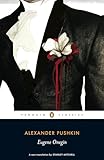 In chapter seven of Eugene Onegin, the heroine Tatiana visits the country estate of Onegin, where she is let in by the housekeeper. The chapter is framed as a digression by the narrator: Tatiana does not meet Onegin at the villa, instead she encounters his collection of books, and reads his marginalia, and the scrapbook into which he copied his favorite passages. For the first time, Tatiana encounters what she considers to be the real Onegin — in the marginal notations his mind “declares itself in ways unwitting.” Then what is the true Onegin like? Tatiana begins to see him as a composite of fictional characters from his favorite books.
In chapter seven of Eugene Onegin, the heroine Tatiana visits the country estate of Onegin, where she is let in by the housekeeper. The chapter is framed as a digression by the narrator: Tatiana does not meet Onegin at the villa, instead she encounters his collection of books, and reads his marginalia, and the scrapbook into which he copied his favorite passages. For the first time, Tatiana encounters what she considers to be the real Onegin — in the marginal notations his mind “declares itself in ways unwitting.” Then what is the true Onegin like? Tatiana begins to see him as a composite of fictional characters from his favorite books.
On a page of Charles Darwin’s The Voyage of the HMS Beagle Round the World, Mark Twain wrote: “Can any plausible excuse be furnished for the crime of creating the human race?”


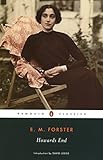 In the margins of Howards End, Penelope Fitzgerald complains of the author: “He is lecturing us”. Fitzgerald’s biographer, Hermione Lee, finds this observation about Lady Russell in a copy of Persuasion: “A right-feeling but wrong-judging parent, who does as much harm as an unfeeling one.” About Fanny’s mother in Mansfield Park, Fitzgerald writes: “We see relentlessly what a difference some money makes.” About Elizabeth in Pride and Prejudice: “She punishes herself too much.” In a copy of Waiting for Godot: “An attempt to show how man bears his own company.” In her copy of The Good Soldier, Fitzgerald writes: “A short enough book to contain 2 suicides, 2 ruined lives, a death, a girl driven insane — it may seem odd to find that the key note of the book is restraint.”
In the margins of Howards End, Penelope Fitzgerald complains of the author: “He is lecturing us”. Fitzgerald’s biographer, Hermione Lee, finds this observation about Lady Russell in a copy of Persuasion: “A right-feeling but wrong-judging parent, who does as much harm as an unfeeling one.” About Fanny’s mother in Mansfield Park, Fitzgerald writes: “We see relentlessly what a difference some money makes.” About Elizabeth in Pride and Prejudice: “She punishes herself too much.” In a copy of Waiting for Godot: “An attempt to show how man bears his own company.” In her copy of The Good Soldier, Fitzgerald writes: “A short enough book to contain 2 suicides, 2 ruined lives, a death, a girl driven insane — it may seem odd to find that the key note of the book is restraint.”
Among Djuna Barnes’s personal library, now kept at the University of Maryland, is the 1963 edition of Writers at Work: The Paris Review Interviews. As a young writer, on commission for magazines, Barnes interviewed other novelists, including James Joyce. She herself was never interviewed by The Paris Review.
Jeff Buckley owned the book Addiction Recovery for Beginners by David Brizer. Tupac Shakur owned In Search of Our Mother’s Gardens: Womanist Prose by Alice Walker.
Katherine Anne Porter’s library comprised 4,000 books — rounded up by librarians — now preserved at the University of Maryland. Doris Lessing donated her collection of 3,000 titles to Harare City Library, Zimbabwe.
Five years after her death, Iris Murdoch’s books were sold to the Kingston University Library, London, for the sum of £120,000. Her husband John Bayley said: “Her mind seemed to work independently of her precious library, but at the same time she depended for inspiration on the presence of her books, a silent living presence whose company sustained and reassured her.”
Late in his career, David Markson wrote novels that he constructed, for the most part, out of hundreds of anecdotes and factoids about writers and other artists. Nested amid these catalogues of biographical facts are brief statements by an unnamed narrator, which relate his or her circumstances or distressed frame of mind. All these components are united by two themes: the life of an artist and death. At a reading of his final novel, titled The Last Novel, Markson introduced the work by stating that his book featured no dramatic scenes, no incidents, no chapters, but was “98.5 per cent — and that’s not really a guess” composed of anecdotes and quotes sourced from other books. Markson’s novels are enormous collages full of fragments from his private library. After his death in 2010, his collection was donated to The Strand in New York, where, presumably, he bought most of the books that contained the anecdotes and quotes and facts that comprised his novels. As if completing a perfect ritual, Markson’s library was sorted and integrated into the Strand’s floor stock, and sold and dispersed again.
Image Credit: Flickr/Michael D Beckwith.











